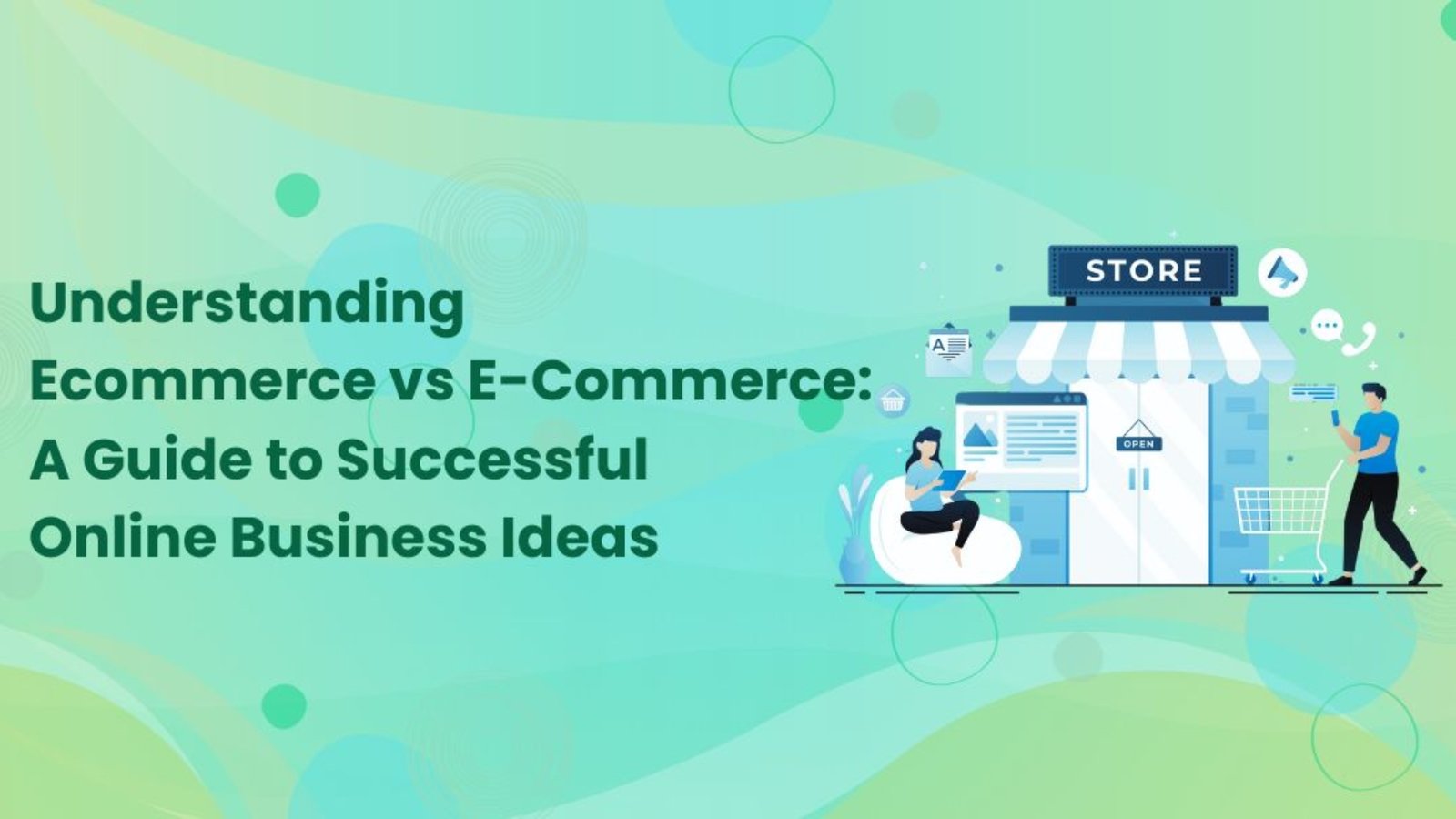The e-commerce industry has seen explosive growth over the past decade, offering a multitude of opportunities for entrepreneurs to tap into a vast and dynamic market. If you’re contemplating starting your own online business but aren’t quite sure where to begin, exploring these ten innovative e-commerce business ideas can help you stand out and succeed. First, let’s clarify “Understanding E-Commerce vs. Ecommerce“—essentially, there’s no difference between the two terms; both refer to online commercial transactions, but “e-commerce” is the more commonly used term.
1. Subscription Boxes
Subscription boxes have become a popular trend, with consumers enjoying the convenience of receiving curated products on a regular basis. You can create a subscription box service targeting niche markets like gourmet food, beauty products, or books. By offering unique and high-quality items, you can build a loyal customer base.
Why It Works:
- Predictable Revenue: Monthly subscriptions ensure a steady income.
- Customer Loyalty: Regular deliveries foster a strong relationship with customers.
- Variety of Niches: You can tailor products to specific audiences.
2. Personalized Products
Personalization is a key trend in today’s market. Offering custom-made products like apparel, accessories, or home décor can differentiate your business. Utilizing technologies like 3D printing or laser cutting allows you to create bespoke items that cater to customers seeking uniqueness.
Why It Works:
- Unique Selling Proposition: Personalized items stand out and are hard to find elsewhere.
- Higher Margins: Customers often pay more for custom products.
- Emotional Connection: Personalized products build a deeper bond with customers.
3. Eco-Friendly Products
With growing environmental awareness, consumers are increasingly seeking eco-friendly products. You can establish a brand that focuses on sustainable, zero-waste, or biodegradable items. Options range from reusable household goods to organic clothing, offering numerous possibilities in this market.
Why It Works:
- Growing Market: Rising demand for sustainable products.
- Brand Loyalty: Consumers are more likely to support eco-conscious businesses.
- Positive Impact: Contributes to environmental preservation.
4. Digital Products
Selling digital products such as eBooks, online courses, or software can be highly profitable due to low overhead costs. Once created, digital products can be sold repeatedly without additional inventory costs, making this an appealing e-commerce business model.
Why It Works:
- Scalability: Easy to distribute and scale without physical limitations.
- High Margins: Low production and distribution costs.
- Passive Income: Generates revenue over time with minimal effort.
5. Virtual Events and Experiences
The rise of remote work and social distancing has increased the demand for virtual events and experiences. Offer online workshops, fitness classes, or virtual tours to provide engaging and interactive experiences that can attract a diverse audience.
Why It Works:
- Wide Reach: No geographical limitations.
- Recurring Revenue: Regular events can create a steady income stream.
- Engagement: Interactive experiences keep customers returning.
6. Niche Marketplaces
Creating a niche marketplace allows you to cater to a specific audience with specialized products. For example, you could develop a marketplace for handmade crafts, vintage items, or pet supplies. By focusing on a niche, you can offer a more personalized shopping experience.
Why It Works:
- Targeted Audience: Attracts customers seeking specific products.
- Less Competition: Easier to stand out in a niche market.
- Community Building: Fosters a sense of belonging among customers.
7. Print on Demand
Print on demand enables you to sell custom-designed products without maintaining inventory. You can design products like t-shirts, mugs, and posters, and only produce items as orders come in. This model is perfect for creative entrepreneurs.
Why It Works:
- Low Risk: No upfront inventory investment.
- Flexibility: Easily test new designs and products.
- Creative Freedom: Showcase your designs without logistical constraints.
8. Health and Wellness Products
As people increasingly focus on their well-being, the health and wellness industry continues to grow. Offer products like supplements, fitness equipment, or organic skincare items. Educating your audience on the benefits of your products can help build trust and authority.
Why It Works:
- High Demand: Rising focus on health and wellness.
- Repeat Customers: Consumable products lead to repeat purchases.
- Educational Content: Opportunity to provide valuable information and build a community.
9. Dropshipping
Dropshipping allows you to sell products without holding inventory. Partner with suppliers who handle fulfillment while you focus on marketing and customer service. This model reduces financial risk and logistical challenges.
Why It Works:
- Low Startup Costs: No need for inventory investment.
- Wide Product Range: Ability to offer a variety of products.
- Focus on Marketing: Spend more time growing your business.
10. Ethical and Fair-Trade Products
Consumers are increasingly concerned about the ethical practices of their purchases. Launching an e-commerce business that offers fair-trade or ethically sourced products can attract consumers who value transparency and sustainability.
Why It Works:
- Social Impact: Supports fair labour practices and sustainable production.
- Brand Loyalty: Ethical values resonate with many consumers.
- Positive Marketing: Strong storytelling potential to attract customers.
Conclusion
The e-commerce landscape is ripe with opportunities for innovative entrepreneurs. Whether your passion lies in sustainability, personalization, or digital products, there’s a niche for you to explore. By focusing on one of these ten e-commerce business ideas, you can build a successful online store that meets the needs of modern consumers.
Remember, the key to success in e-commerce isn’t just finding the right product, but also understanding your target audience and delivering exceptional customer experiences. Dive into the world of e-commerce today and start building your business!

Add a Comment